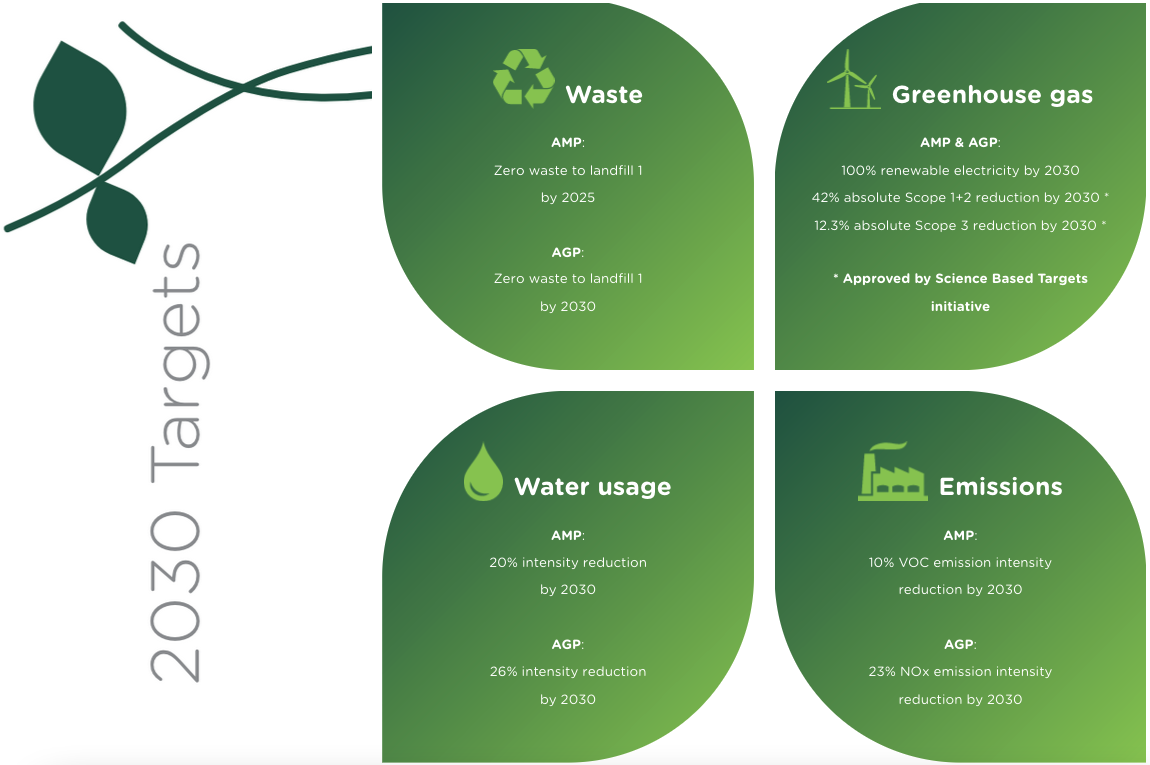
Manufacturing sustainable packaging solutions
Sustainability deals with global and regional issues concerning the environment, the economy and social responsibility. Our Sustainability Strategy covers three pillars, ecology, emissions and social. Ambitious sustainability targets are included in our long-term strategic planning. We aim to reduce any negative environmental impact whilst remaining economically sustainable and socially responsible. We are a leading supplier of inherently sustainable packaging.
Metal is a permanent material and is therefore infinitely recyclable without any loss of properties. As part of functional engagements with our customers, our team addresses key sustainability challenges such as climate change, water stewardship and responsible sourcing. Below, please find our latest sustainability news along with our Sustainability Reports.
Coverage of production facilities with certified management systems – 2022

Environmental
e.g. ISO 14001

Health & Safety
e.g. ISO 45001

Energy
e.g. ISO 50001

Quality and Food Safety
e.g. ISO 22000 / FSSC 22000

Aluminium Stewardship
(ASI)
Sustainability news
May 16, 2024
May 9, 2024
November 1, 2023
September 18, 2023
Our environmental initiatives

Ecology
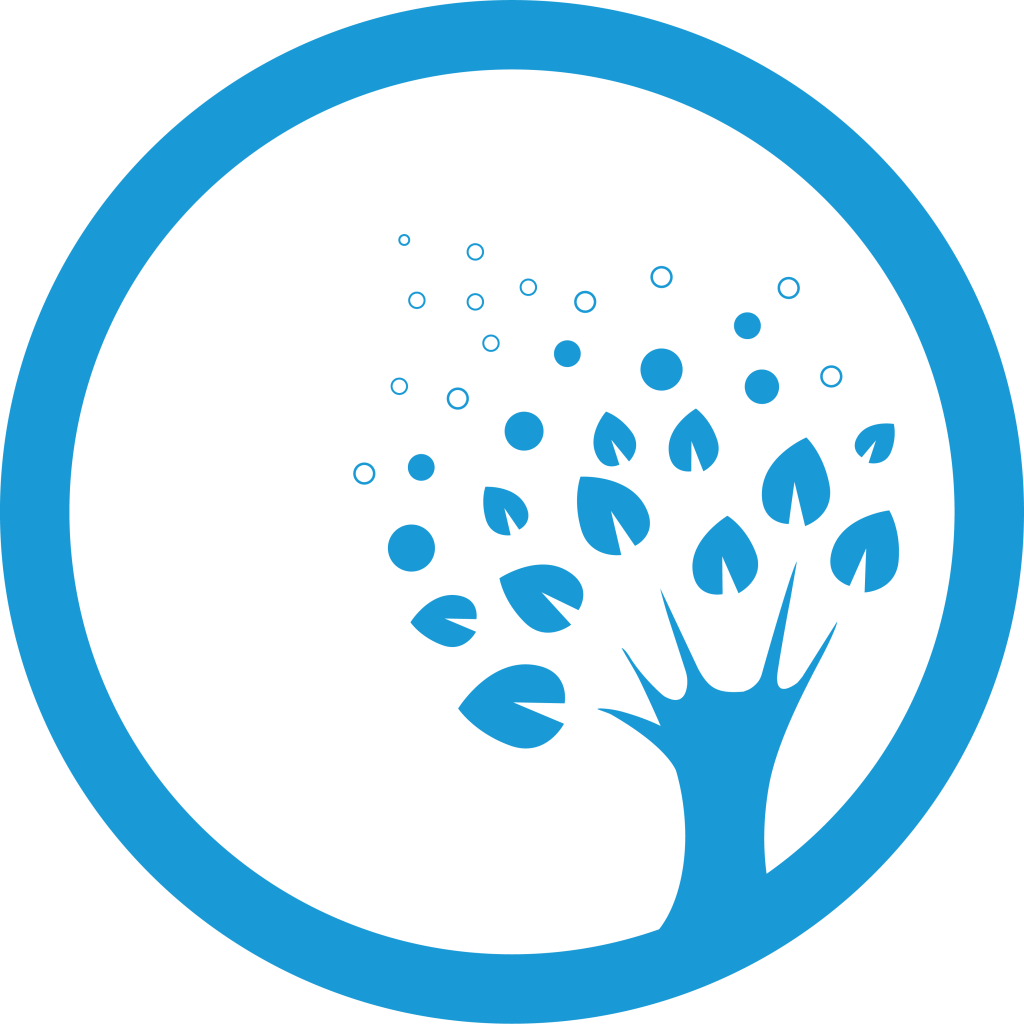
Emissions

Social
Our sustainability strategy is based on taking a proactive approach to our three ‘Pillars of Sustainability’ – Ecology, Emissions and Social. We aim to minimise our greenhouse gas (GHG) emissions, reduce our ecological impact and support our people and our communities.
We take sustainability seriously and we strive to achieve chance and implement initiatives to be rewarding on all levels. We are committed to adopting Science-Based Targets.
We are also rated B by CDP for climate change, A- for water management, and A for supplier engagement. We actively promote and support community engagement across our organisation, with a particular focus on educational development in all communities in which we operate.
We track, monitor and measure our sustainability progress to ensure we deliver on our commitments. Metal packaging products enjoy leading rates of recyclability which helps to address our customers’ requirements for environmental and ecological sustainability.

Sustainability accreditations




*Obtained as part of Ardagh Group S.A.

A-
Climate Change
B
Water Management
A
Supplier Engagement
Policies and standards
Ardagh is committed to conducting its activities with the highest standards of integrity and business practice in all dealings with its stakeholders. We are committed to complying with all applicable laws and to operating in an ethical, sustainable and honest way. The below policies guide our business and those with whom we work.
Responsible Procurement Policy | Code of Conduct | Conflict Minerals Report | Responsible Procurement Guide
Sustainability associations


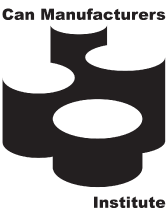
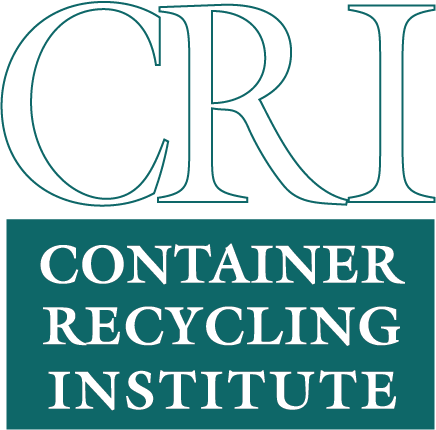



Protecting our environment
The impact of what we do and how we behave is far-reaching. Production on a scale such as ours brings enormous environmental responsibilities, and we take these seriously, both globally and locally. That is why we identify, control and measure all our activities, and work hard to reduce their environmental impact. We aim to keep energy consumption and emissions to a minimum, maximise our recycling rates, optimise the use of secondary packaging materials and manage waste appropriately, by avoiding use of landfills and limiting water usage.
As a permanent material, metal forms part of the ‘circular economy’ – where materials can be infinitely recycled in a closed loop without any loss of quality. As a result, metal is regarded as ‘permanently available’. The material is not lost as long as it is recycled into another metal product. AMP initiatives that focus on recycling – both of our source materials and within our facilities themselves – showcase our commitment to energy efficiency. Effective environmental management systems are in place across all AMP sites.
Material consumption – 2022
Metal Beverage Can
64,162
t (metric) of raw steel used
660,857
t (metric) of raw alu used
Energy consumption – 2022
888,916
MWh electricity consumed
772,019
MWh fossil fuels consumed
Water withdrawal – 2022
2,712,369
m3 municipal water supply
660,033
m3 groundwater
3,372,401
m3 total water withdrawal
GHG emissions – 2022
156,021
t (metric) direct CO2e (Scope 1)
211,178
t (metric) indirect CO2e (Scope 2)
3,089,439
t (metric) other indirect CO2e (Scope 3)
Other air emissions – 2022
2,827
t (metric) VOC emissions
Waste – 2022

– Recycled – 80%
– Disposed – 20%

– Hazardous waste – 37%*
– Non-Hazardous waste – 63%*
*this number currently excludes landfill volumes
Social sustainability policy
We have a strict Social Sustainability Policy that is implemented everywhere we operate. It provides guidelines on social and ethical best practices and encourages all employees to actively support the company’s goal of setting a high standard in social sustainability. A key part of our policy is the Community Involvement Project. Our target of this is to have at least one meaningful community project at every AMP site in the near future.
AMP is a member of SEDEX, a social and ethical platform which aims to increase transparency in the supply chain. Companies register their production facilities and complete facility-specific questionnaires covering four areas: labour, health & safety, business ethics and the environment. Added to this, each year we publish a Conflict Minerals Report, detailing our robust approach to conflict minerals due diligence. Our suppliers need to demonstrate traceability and accountability of the raw materials they supply us.
Our employees – 2022
6,283
Number of direct Employees (Globally)

Employees covered by formal collective agreements concerning working conditions.

Employees represented in formal joint management-worker health & safety committees

Employees covered by formally-elected employee representatives

Employees received regular performance and career development reviews
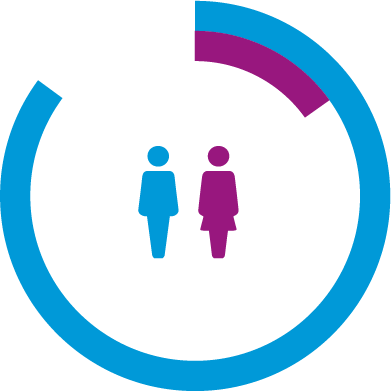
24% of line managers are female.
9% of the global workforce are minorities.
94% of permanent employees
Accident reporting – 2022
0.44
Lost time accidents
1.12
Recordable accident rate
27.7
Severity rate
0
Fatalities
Cases/100 full-time employees
Sustainable supply chain – 2022
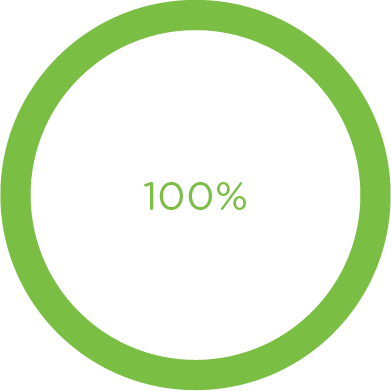
Contracts with sustainability clauses
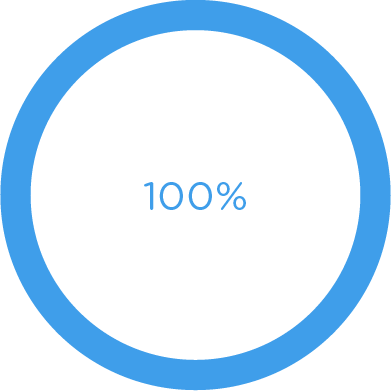
Critical category suppliers with a CSR risk analysis
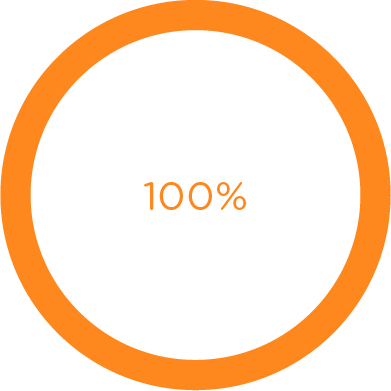
Procurement category managers trained in prevention of human exploitation
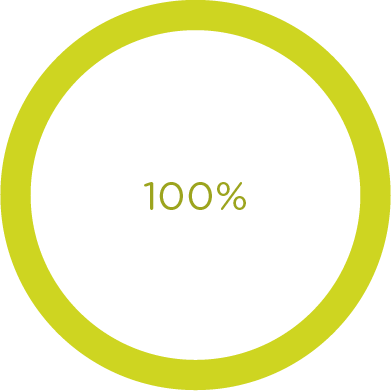
Suppliers who shared data on conflict minerals

Building a sustainable future
We recognise that emissions, ecology and social sustainability are closely linked and that the long-term economic performance of Ardagh has an impact on our employees, local communities, customers, suppliers, investors and other stakeholders.
Working with metal packaging enables us to contribute to a circular economy, as metal is an infinitely recyclable material. That’s why we continually invest in systems and processes
that improve the efficiency of our operations, reduce costs and increase competitiveness. One initiative, for instance, promotes customer and supplier partnership programmes in order to strengthen relationships along the supply chain. We continue to be dedicated to making our facilities and processes even more sustainable as we supply our customers with sustainable packaging solutions.
Sustainability targets for 2030
